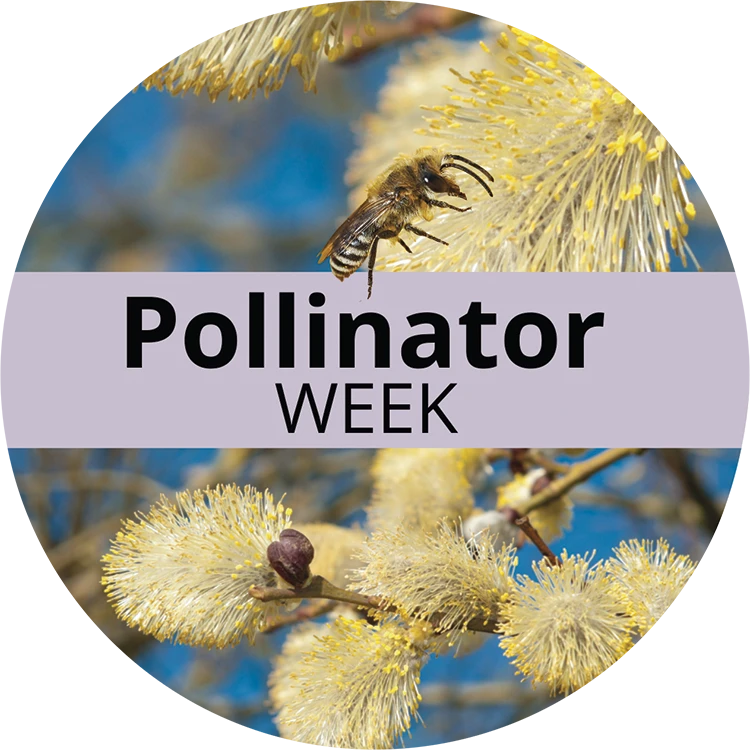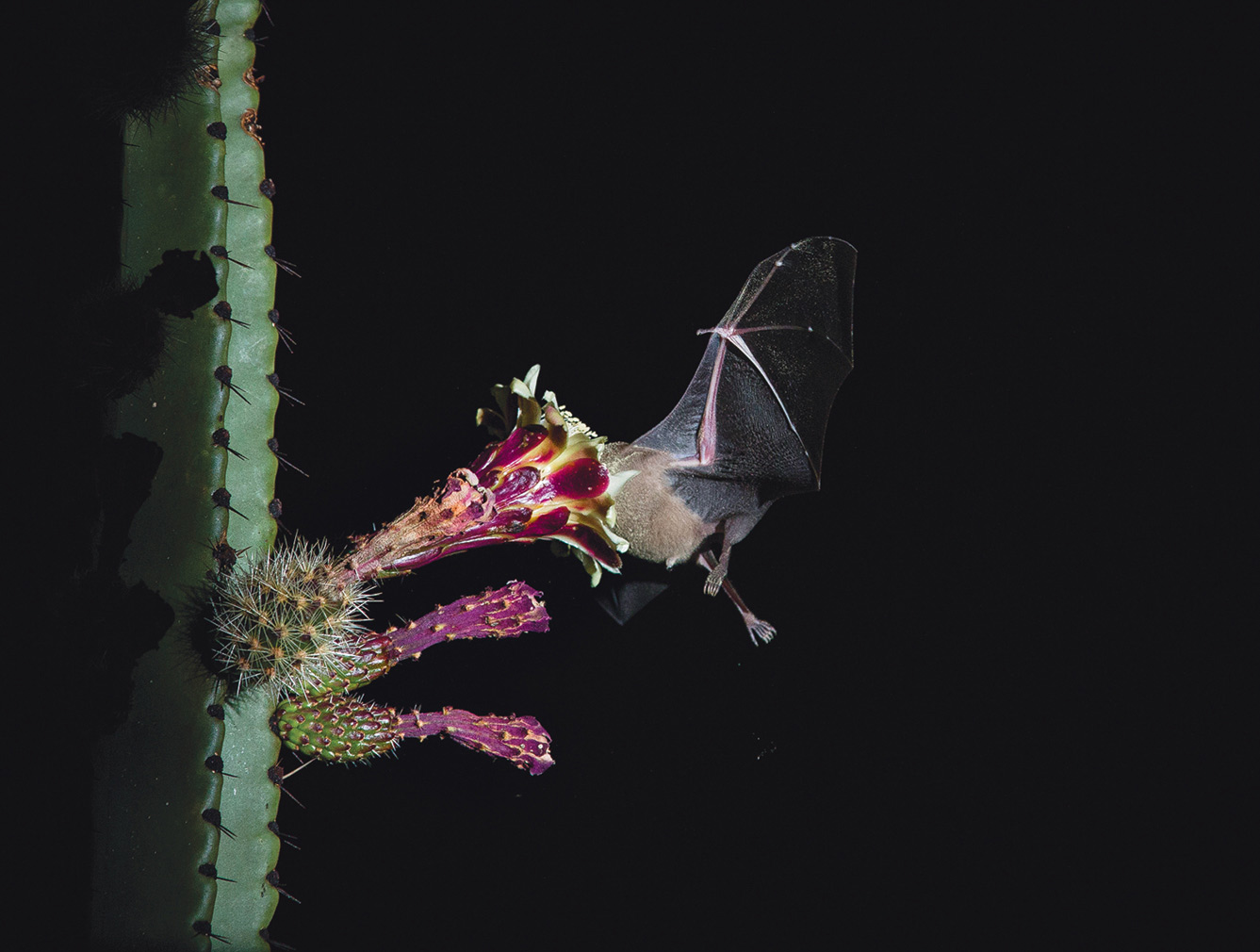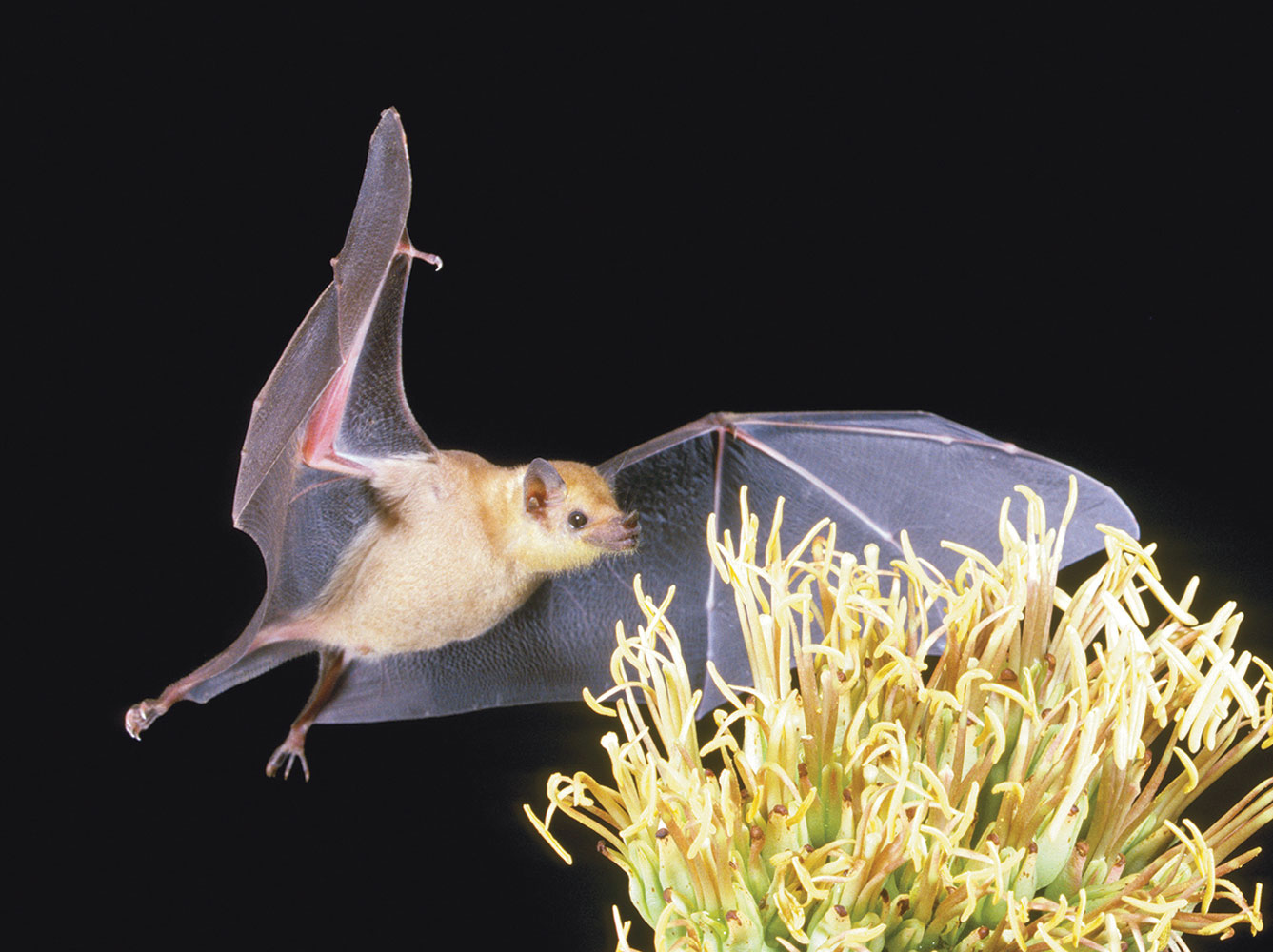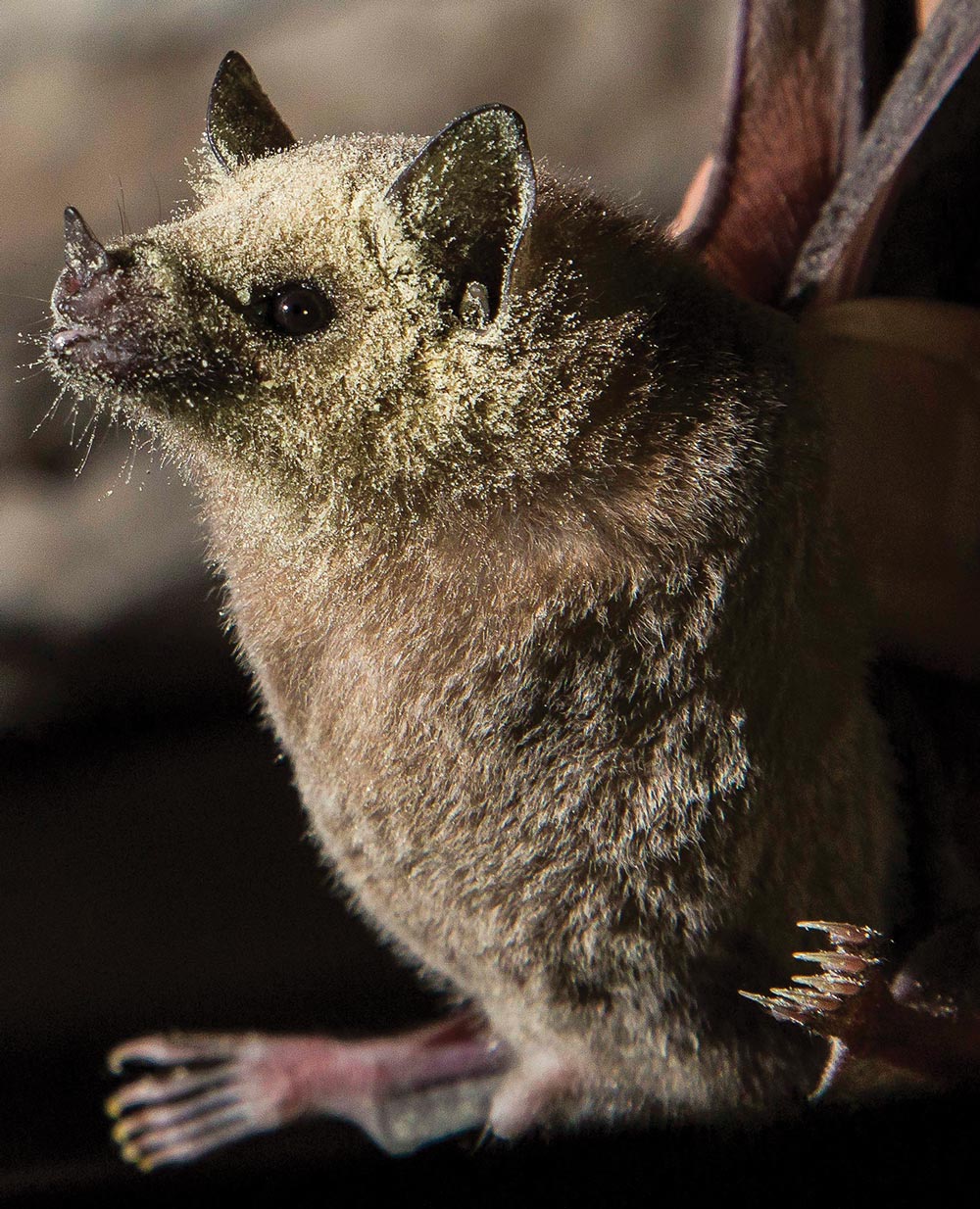batsignals

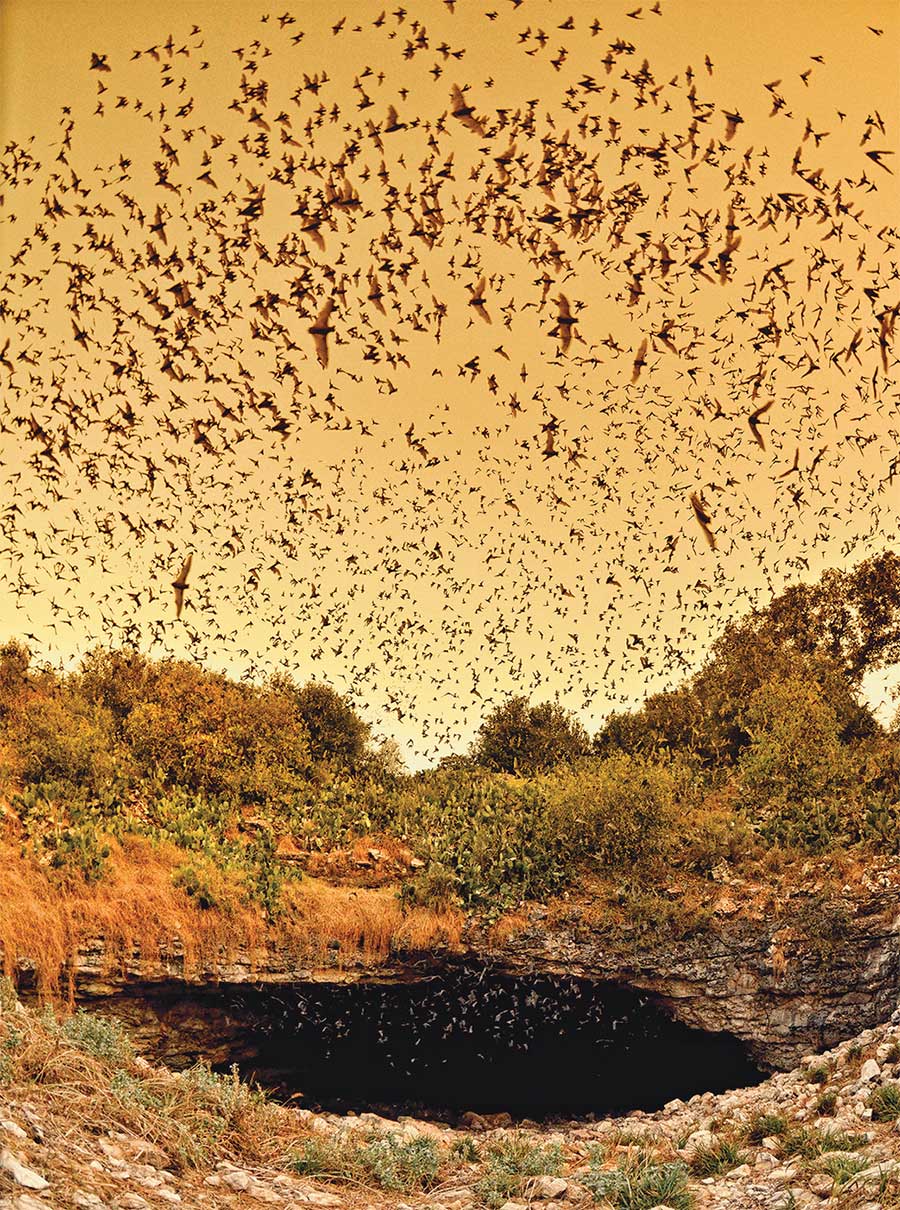
See Bracken Cave’s Batnado This Summer
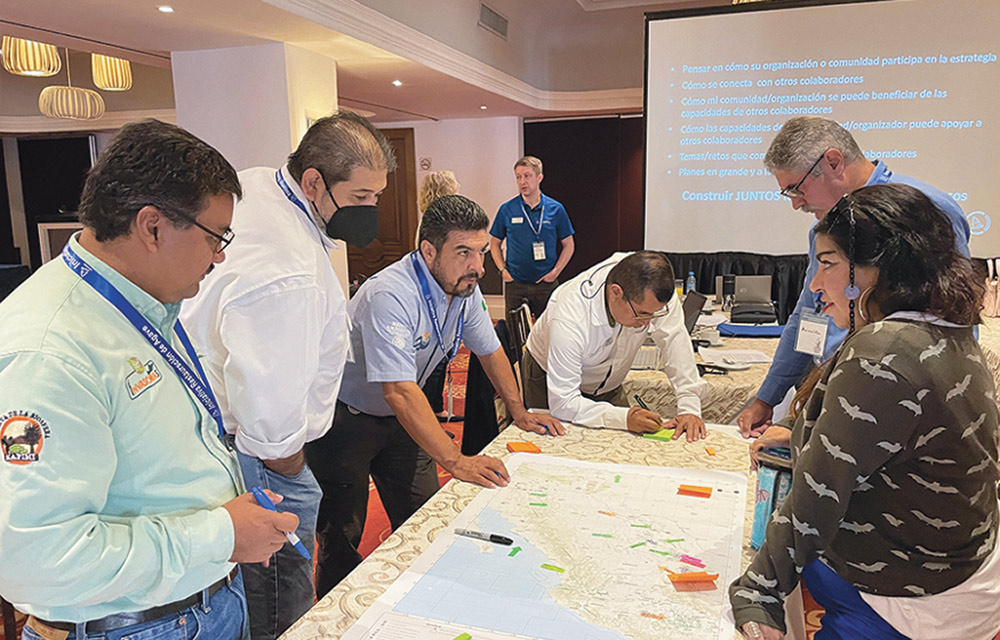
Coming Together to Save Mexico’s Bats
Organizers initially thought around 30 people would attend the 2022 meeting, and they were thrilled when the turnout far exceeded their expectations, with 67 people attending from 22 organizations and communities. Over two and a half days, participants attended workshops and working groups, sharing experiences, challenges, and their hopes for future work. They ultimately began co-creating a unified vision for the Agave Restoration Network and developing collaborative project ideas that will conserve agaves to help bats and rural livelihoods.
Recognizing Pollinators
Activities for the week include everything from online workshops to in-person planting events, garden tours, and more.
Follow #PollinatorWeek on social media to stay up to date—and share your love of pollinators.
